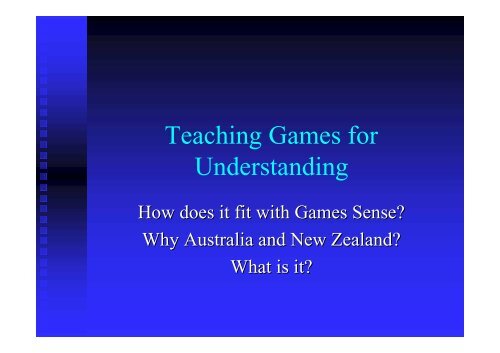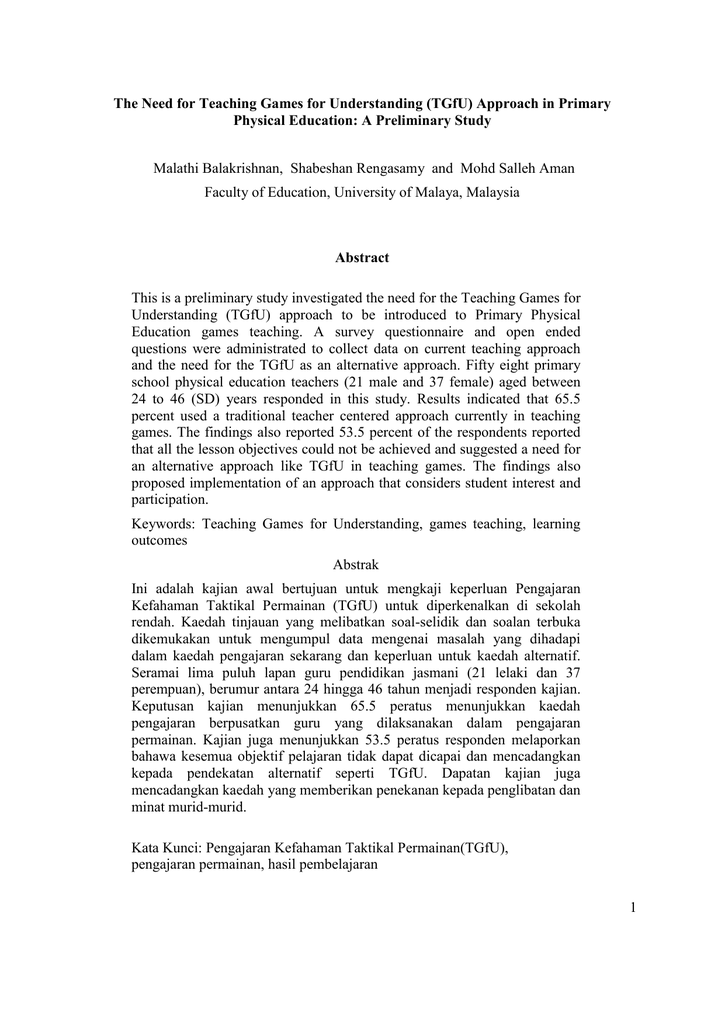
- Teaching Games For Understanding Theory Research And Practice
- Overviewteaching Games For Understanding People
- Teaching Games For Understanding
Teaching Games For Understanding Theory Research And Practice
30 activities inspired by game shows Game shows and TV quizzes are a great source of inspiration for classroom activities. Believe it or not, I keep a notepad on the coffee table so I can jot down any teaching ideas I get from watching TV! 'A wide variety of simple suggested activities to drive student understanding of these critical words, from templates to ‘game show’ style reviews to pictorial representations and much, much more round out this invaluable supplementary resource, highly recommended for professional teachers and college education shelves.'
Teaching Games for Understanding is an approach to physical education developed by Peter Werner, David Bunker, and Rod Thorpe,[1] and was adopted in the year 2002 by a group of representatives, associations and individuals from all around the world. It is a global agenda for scholarly inquiry in the field of teaching with the help of games. This international task force evolved in 2008 and became the first special interest group of AIESEP.[2]
Process[edit]
[3]The fundamental concept of this model is 'understanding'. The process of this model is
Overviewteaching Games For Understanding People
- Game Form: Introduction of the game in the process of building upon the entire form of the game.
- Game Appreciation: Clear understanding of the rules and regulations of the game played.
- Tactical Awareness: Understanding of the techniques of the game in accordance to the rules and regulations.
- Decision Making: It is a necessity to make timely decisions in accordance to the changing environment due to the dynamic nature of the game.
- Skill Execution: In relation to the learners capabilities and understanding execution of the required movements involved in the game takes place in this step of the process.
- Performance: The learning outcome will be analysed which will be subjective in nature as each learner's understanding level will be different. Through this, one can understand and measure the appropriateness of response was and the efficient use of technique by the player.


Teaching Games For Understanding
References[edit]
- ^Werner, Peter; Thorpe, Rod; Bunker, David (1996). 'teaching games for understanding'. Journal of Physical Education, Recreation. 67: 28–33. doi:10.1080/07303084.1996.10607176.
- ^'Partners'. AIESEP.
- ^'teaching games for understanding'.
